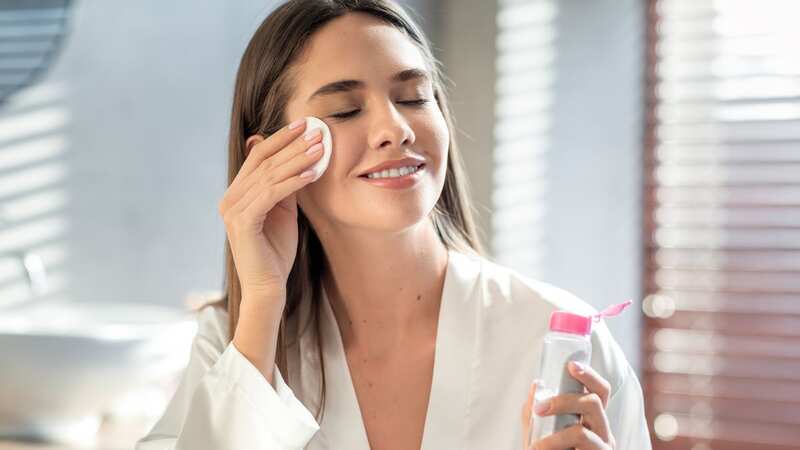Take this quiz to find out if you are a scientist when it comes to beauty items

Can you tell your peptides from your prebiotics? This mind-bending quiz will tell if you’re a scientist when it comes to beauty products.
Users will be tested on their knowledge of hyaluronic acid, selenium, and other buzzwords which are regularly used in the beauty industry.
It comes after research found nearly seven in ten women admit they are regularly seduced by “buzz” health and beauty terms, such as microneedling, collagen, and peptides – but have no idea what they actually mean.
A study of 2,000 women found 72% are confused by some of the scientific terms and technological developments in the beauty business – with 43% unaware a “free radical” is a molecule in the environment that can damage skin.
More than four in ten (42%) didn’t know a peptide is a short string of amino acids which can help to make proteins – with many instead believing it’s an underwater current.
 Kate Middleton swears by £19.99 rosehip oil that helps 'reduce wrinkles & scars'
Kate Middleton swears by £19.99 rosehip oil that helps 'reduce wrinkles & scars'
And just 62% knew selenium is used to support healthy hair and nails – with wrong answers including a serum to support flyaway hairs, a liquid to make your lips bigger, and something that removes nail polish.
However, 90% correctly said collagen helps to support skin strength, and aids elasticity and hydration.
A spokesman for skin, hair, and nail supplement, Vitabiotics Perfectil, which commissioned the research, said: “The health and beauty industry is based on scientific advancements, but that means there are often a lot of buzzwords and terms that aren’t always obvious.
“All of the buzzwords show the research and science that has gone into that product, allowing people to feel they can trust the product.
“But this can mean it’s confusing, and we want to help people have a better understanding of the terms to ensure they are doing the right thing for their skin and appearance.”
Other terms that leave people confused are “coenzyme” (68%), microneedling (48%), and micellar water (33%) – while some are stumped by prebiotic (33%), retinol (36%), and hyaluronic acid (41%).
But 69% have bought a health or beauty product without really understanding what some of the words on the label meant – with half of those putting that down to a trust in the brand.
Others rely on its good reviews (46%), having friends who already use them (20%), and seeing beauty influencers use them (13%).
But 26% of women believe the use of the buzzwords is important, to show how the beauty industry is constantly evolving in scientific development.
It also emerged 72% of women follow a “beauty regime” where they do the same things every day to maintain their skin, hair, or appearance.
 Amanda Holden looks stunning in fluttery false lashes that cost less than £6
Amanda Holden looks stunning in fluttery false lashes that cost less than £6
This takes them an average of nearly 14 minutes a day, using nine different products.
Wrinkles was the top beauty hang-up, followed by dark circles under their eyes, ageing, dry skin, and spots or acne.
Others polled, via OnePoll, hate their grey, receding, or fine hair, large pores, and pigmentation issues.
The spokesman for Vitabiotics Perfectil, added: “We try to keep things simple and use our scientific expertise in the development of the supplements, combined with a benefit-led approach of how this supports skin, hair, and nails.
“This means people can make informed decisions, and be reassured they are doing the right thing for their skin, hair, and nail care routines.”
Read more similar news:
Comments:
comments powered by Disqus

































